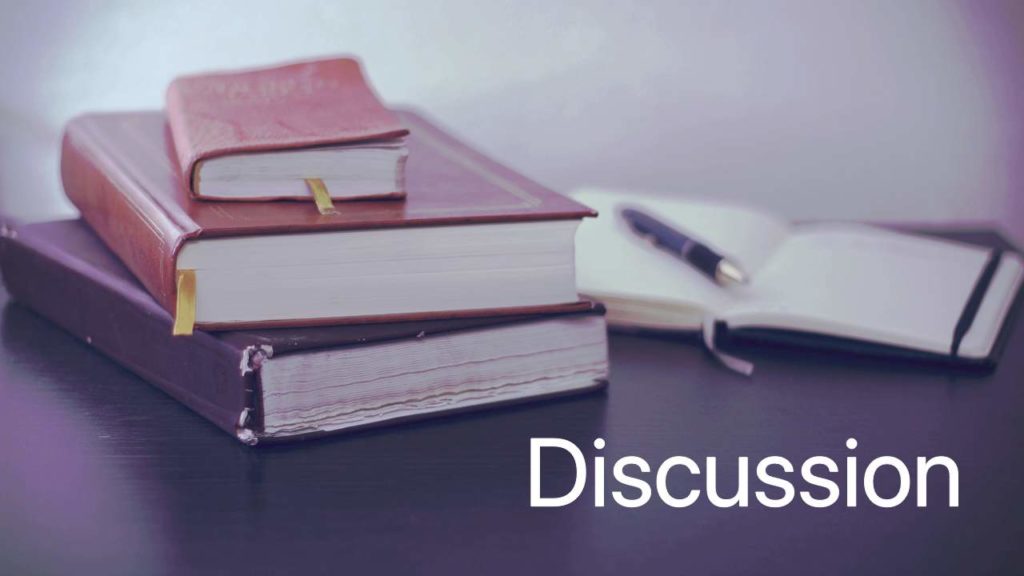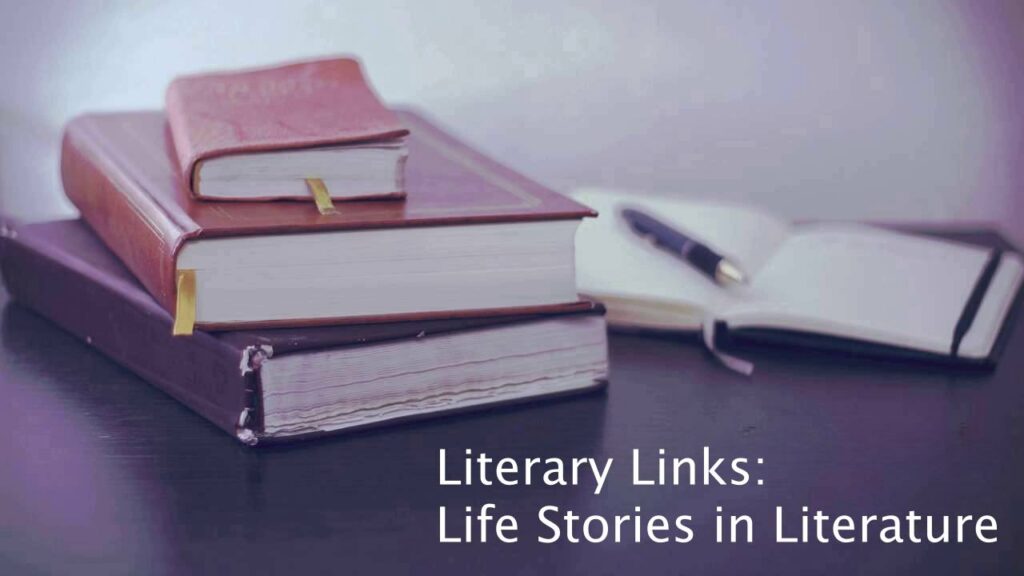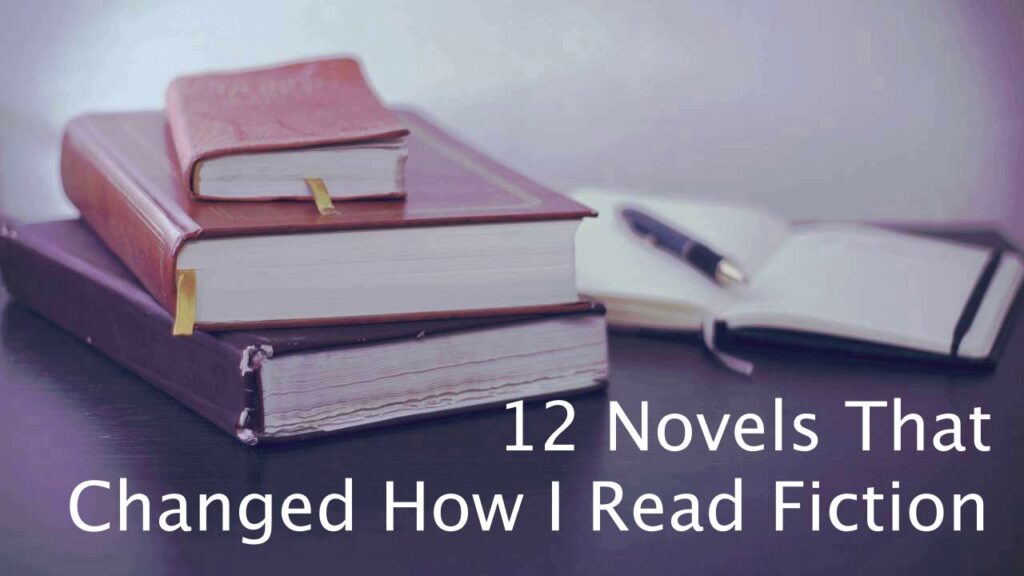Metaphors as Novel Titles
Reviewing The Life Cycle of the Common Octopus by Emma Knight got me thinking about the use of metaphors as novel titles. Metaphor is the use of indirect comparison to describe or define something else: metaphor —Source: Oxford English Dictionary Metaphors associate two things or concepts without the use of like or as. (Comparisons that […]
Metaphors as Novel Titles Read More »




